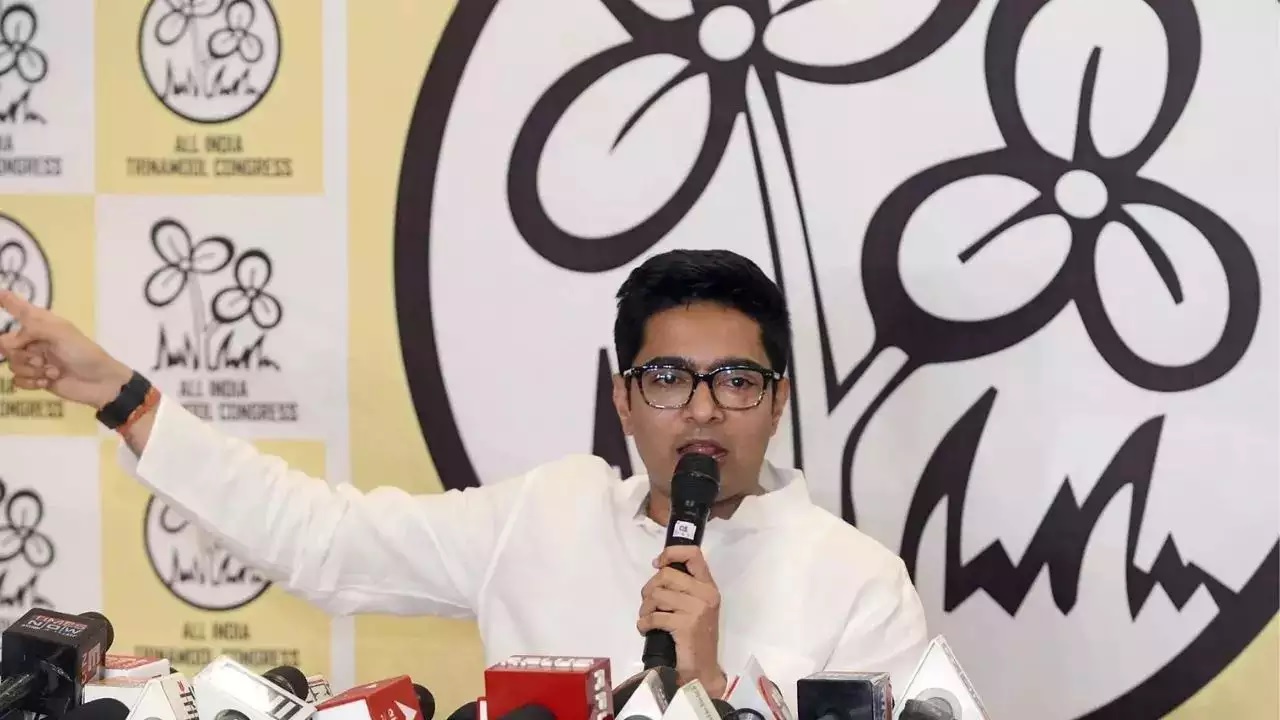Supreme Court's Call: A Setback for Abhishek Banerjee?
In a crucial ruling, the Supreme Court rejected Abhishek Banerjee's plea against the ED summons, intensifying the legal challenges for the TMC leader in an ongoing investigation.


A brutal mob lynching in Bangladesh has triggered widespread condemnation and renewed concerns over minority safety amid growing unrest in...
2 Min Read
In a landmark verdict, a Pakistani court on Saturday sentenced former Prime Minister Imran Khan and his wife Bushra Bibi...
2 Min Read
North Carolina State put on a commanding performance to defeat Memphis 31-7 in the Gasparilla Bowl on Friday in Tampa....
2 Min Read
India’s senior selection committee has announced the 15-member squad for the ICC Men’s T20 World Cup 2026, set to be...
2 Min Read